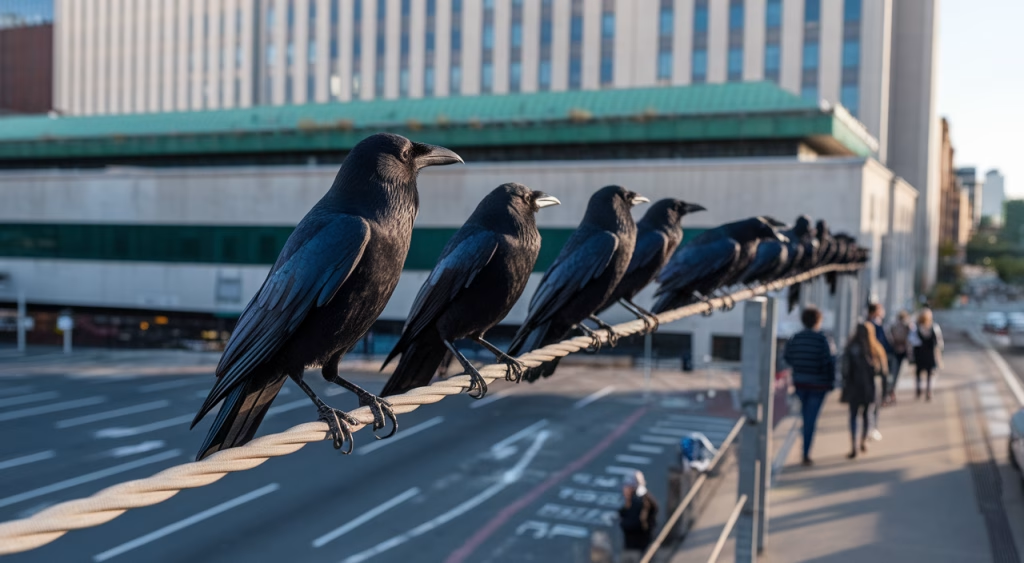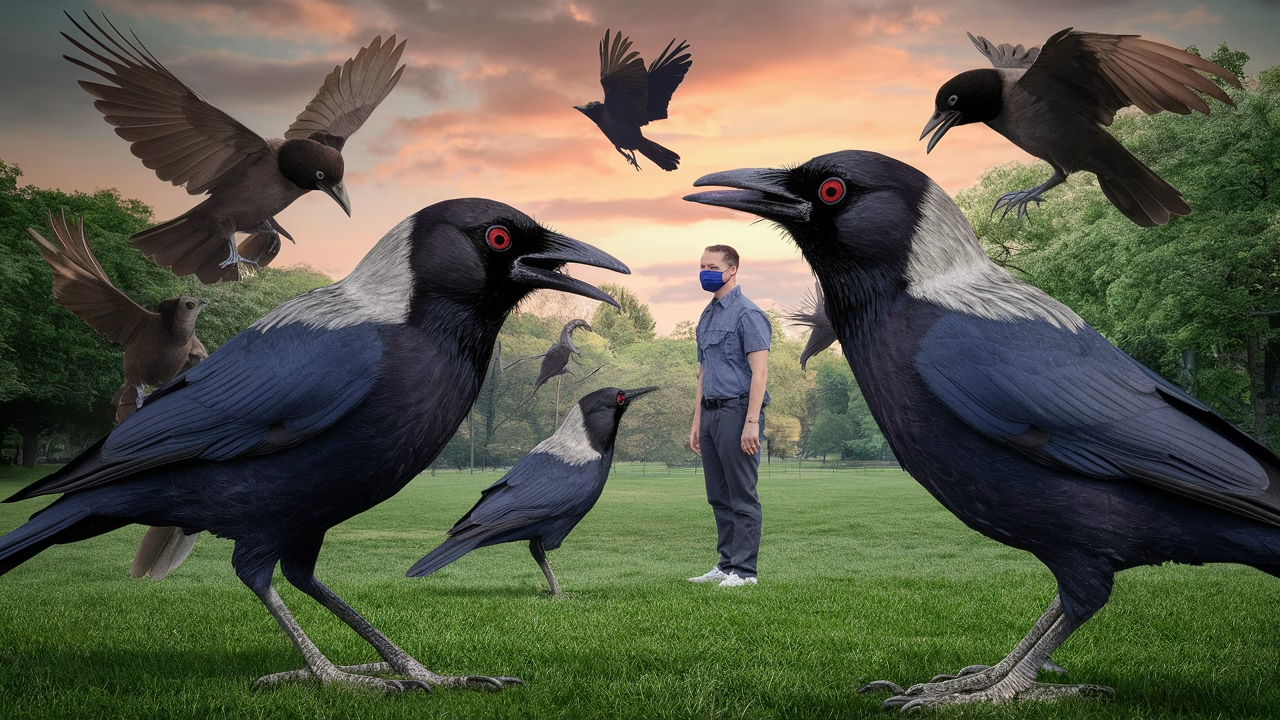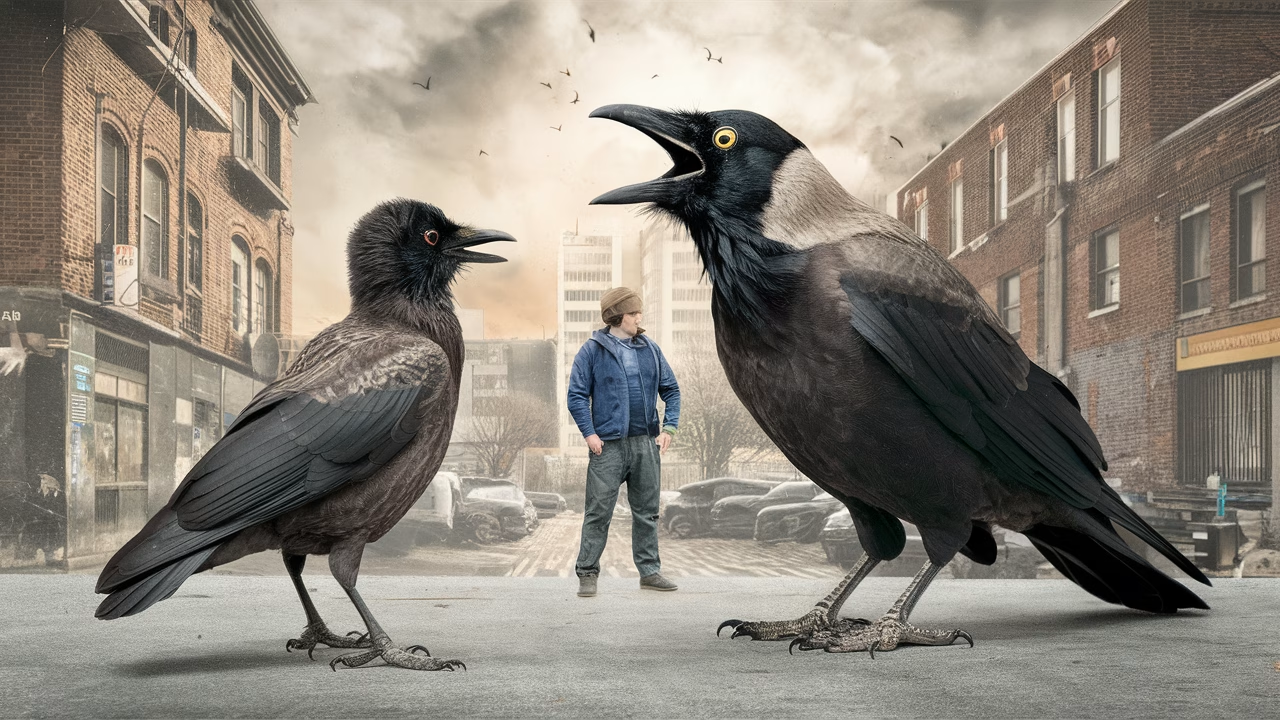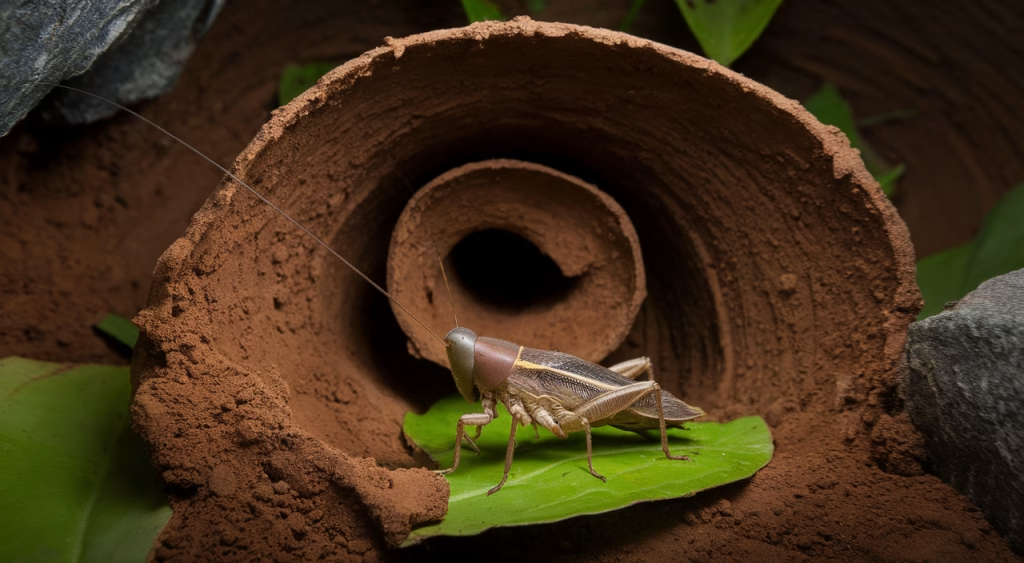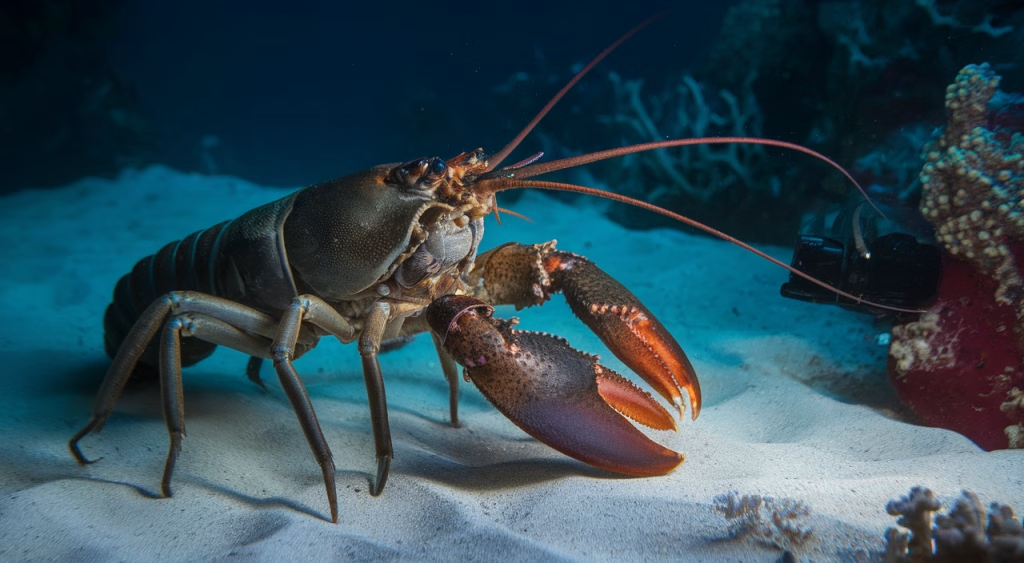Do crows really hold grudges—and even pass them down to their young?
Yes, crows hold grudges and can pass knowledge of these grudges on to future generations. Supported by dozens of ethological studies, this incredible crow behavior reveals just how socially intelligent and complex these birds truly are. Understanding why crows hold grudges opens a fascinating window into one of nature’s most remarkable memory systems.
TL;DR: Why Crows Hold Generational Grudges
- Crows hold grudges—they remember people who have done them wrong.
- Memory skills in crows allow them to recall faces and events for years.
- Grudges can be passed down—younger crows may learn about threats from older members.
- Recognition abilities of crows help them differentiate individual people and other animals.
- This impacts crow behavior—altering flight paths, call alerts, or even coordinated mobbing.
Understanding How Crows Hold Grudges
Let’s be honest—at some point, we’ve all felt snubbed by a bird. But when a crow stares you down or suddenly brings in a group to harass you five years after a harmless encounter… you might wonder—is this just coincidence?
It’s not.
Crows are part of the corvid family—among the most intelligent bird species on Earth. Their social brains evolved to survive in dynamic group environments where crow behavior hinges on complex communication and memory. The fact that crows hold grudges is actually a crucial part of this survival strategy.
Why? Because tracking friends, foes, and neutral parties helps them allocate energy and safety resources. If someone poses a recurring threat, it makes biological sense to remember and avoid—or retaliate against—them. This is where the remarkable memory skills in crows come into play.
The Intricate Memory Skills of Crows
Crows aren’t working off instinct alone. Their ability to remember specific events, faces, and situations is well-documented. This isn’t just a few days either—we’re talking years. The memory skills in crows rival those of some primates.
University studies have shown that even crows who experienced a negative event five years earlier could recognize and react to the human involved. And not in a general way—they targeted only that individual, even with changes in clothing or hairstyle.
So, how do crows remember grudges for so long?
- Auditory encoding: Crows have diverse vocalizations used to “label” threats.
- Visual memory: Facial recognition is extraordinarily robust in crows.
- Social learning: Young crows can be taught threats by watching adults react.
Essentially, their brains function like dynamic filing cabinets of experiences. But, unlike yours or mine, theirs are primed not to forgive easily. This explains exactly how do crows remember grudges for so long—through multiple reinforcing memory pathways.
Examining Recognition Abilities in Crows
Have you ever had a crow stare at you longer than seems normal? That’s not paranoia—that’s pattern recognition in action. These birds are keen observers, but it goes deeper than that: they remember faces with uncanny clarity. The recognition abilities of crows are truly extraordinary.
In field experiments, researchers wore distinct masks while trapping crows. Years later—even when researchers walked past without engaging—the masked faces still triggered alarm calls and mobilized flocks against them.
This tells us three core things about recognition abilities of crows:
- They differentiate between individual human faces.
- They pass those associations to others in their community.
- They store this info for extended periods—far longer than most birds.
What does this mean for you? If a crow sees you do something harmful—even inadvertently—they may hold onto that memory indefinitely. And they might tell their friends. This crow behavior has profound implications for anyone who regularly encounters these intelligent birds.
Examples of Crows’ Grudge-Holding Behavior
Let’s walk through some real-world cases that demonstrate how crows hold grudges:
- In suburban Seattle, a scientist repeatedly wore a mask during crow-trapping studies. Years later, people wearing this mask were still dive-bombed by unrelated flocks of crows across the city.
- In Tokyo, crows relayed danger calls in response to a garbage collector who once swatted at them. His route became increasingly unmanageable due to widespread crow aggression until he was reassigned.
- In rural Canada, a farmer who destroyed a few crow nests watched birds systematically avoid his fields for three seasons—severely impacting their pest control function for crops.
These examples aren’t anomalies—they’re patterns that show the impact of crows’ grudge-holding behavior on social dynamics. Crows want to remember the past to inform their future actions. Which raises a new question…
Implications of Crows Passing Down Grudges to Future Generations
It’s eerie, but true: grudge-holding behavior in crows can span generations. But how? This aspect of crow behavior showcases their sophisticated social learning abilities.
Young crows spend months to years with parents during fledging. During this time, they learn social cues, danger calls, and human associations. If an adult crow issues an alarm when a particular person is nearby—again and again—juveniles begin to associate that person with threat.
This is not direct experience—they’re absorbing social knowledge, just like a toddler mimicking parental fear without understanding it. The memory skills in crows include this remarkable ability to inherit knowledge.
Impacts of crows passing down hostility include:
- Altered migration routes to avoid historically dangerous zones.
- Consistent mobbing behavior regardless of current threat level.
- Community-wide memory of specific humans or patterns (e.g., hats, tools, vehicles).
Impact of Crows’ Grudge-Holding Behavior on Social Dynamics
This echo of knowledge through generations isn’t just spooky—it’s survival logic. If individual crows had to re-learn danger every generation, their communities would suffer constant population loss. Instead, they inherit a record of caution from the generations before them. This is the true impact of crows’ grudge-holding behavior on social dynamics.
This makes crow society incredibly efficient and risk-averse.
Unfortunately, it also means negative experiences with humans can snowball. A bad encounter with just a few crows could influence an urban flock for years. Understanding this crow behavior is crucial for anyone working in crow habitats.
So, if you’re a regular hiker, garbage worker, or farmer—this intelligence should inspire both awe and caution.
Strategies to Prevent Conflicts in Crow Communities
Curious about how you can stay on a crow’s good side? Here are actionable strategies to prevent conflicts in crow communities:
- Respect nesting areas—especially during spring when aggression peaks.
- Don’t make sudden movements near perched or observing crows.
- If mobbed, slowly back away. Do not swat or yell—it could reinforce negative memory.
- Show consistency—use kindness by leaving treats or maintaining a neutral routine.
- Use variety—changing clothing or accessories can disrupt recognition patterns if needed.
These strategies to prevent conflicts in crow communities work because crows are as socially intelligent as some primates. If you earn their trust, they often return the favor—sometimes by leaving shiny “gifts.” But if you wrong them… you and your kids might not be forgiven so easily.
Final Thoughts
Understanding that crows hold grudges (and communicate those grudges) changes how we interpret bird behavior entirely. These aren’t just feathered observers; they are players in a deeply intelligent society with memory, motive, and deep emotional intelligence.
The memory skills in crows and their recognition abilities of crows represent some of the most sophisticated cognitive abilities in the animal kingdom. Whether you’re out birdwatching or sharing urban space with your local corvid community, consider this: every interaction you have with a crow might echo through time.
Frequently Asked Questions
- Do crows hold generational grudges?
Yes. Through social learning and vocalization, older crows can teach younger ones to recognize and avoid people they remember as threats. - How long do crows remember a grudge?
Scientific observations show crows remember individual human faces for at least five years, possibly longer. - Can you earn back a crow’s trust after a bad encounter?
Sometimes. If the behavior stops and you establish a positive routine (e.g., feeding), crows may reassess you over time. - What triggers a crow to hold a grudge?
Trapping, chasing, nest disturbance, or perceived threats are common triggers. - Is grudge-holding unique to crows?
While other animals remember threats, crows stand out in their ability to teach and pass that memory socially, making it generational. - Do crows recognize faces or clothing?
Faces primarily. However, repeated clothing or object associations (e.g., a rake) can amplify their memory. - Can you use disguises to avoid recognition?
Temporarily, yes. But extended patterns may still tip them off.

